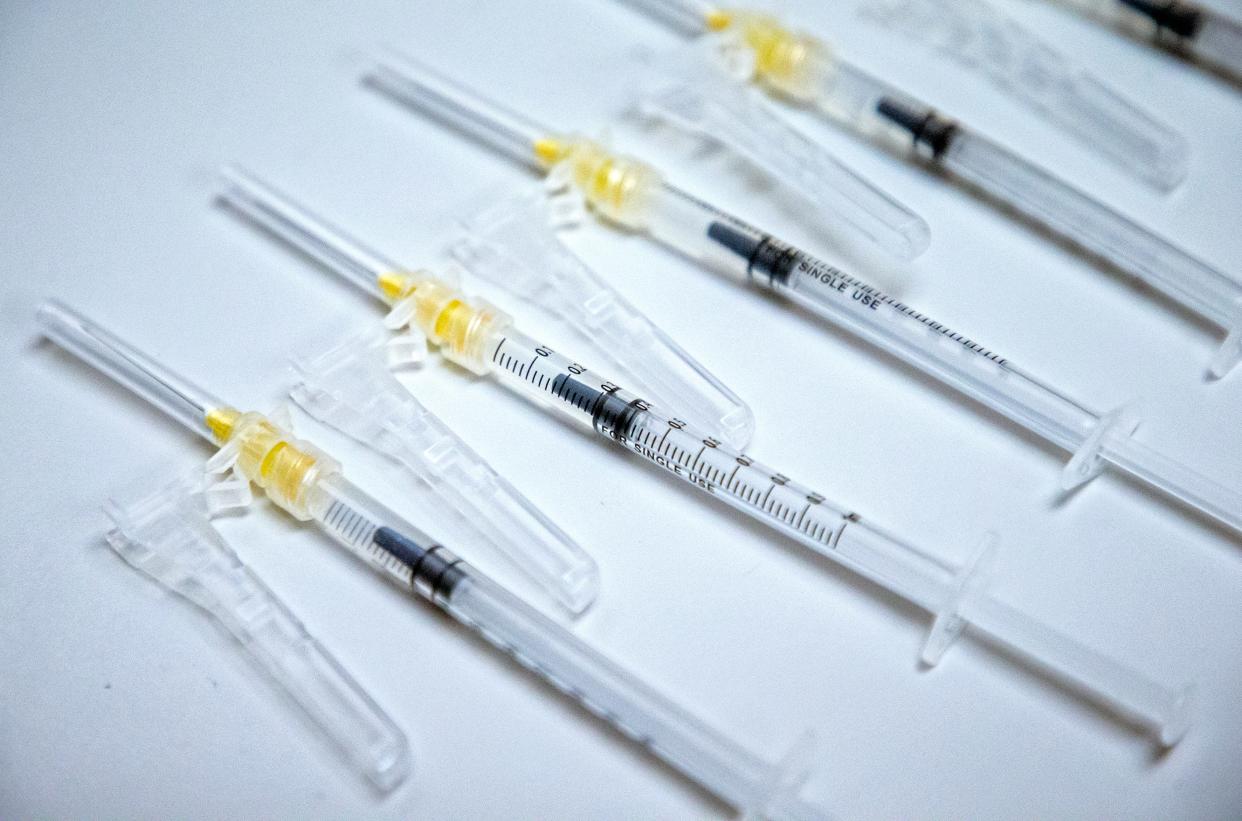A man received 217 COVID-19 booster shots in two years, here's what happened to his body

Adam’s Journal
I just read about a case of a man who received 217 COVID-19 booster shots. My first reaction when I saw that number was to check that I didn’t need new reading glasses. What in the world was going on? And have scientists been able to learn anything from him?
Dr. James Prescribes
First, let’s be clear: Nobody should be getting 217 COVID-19 booster shots. We should all be following the Centers for Disease Control vaccine recommendations, which have generally called for shots one to two times per year.
This month, the medical journal The Lancet Infectious Diseases contained a study of a German man who had — for reasons that were not explained — received 217 COVID-19 boosters over less than two and a half years. That works out to nearly two shots a week.
We know from research we’ve done at the Oklahoma Medical Research Foundation on other vaccines that an intense early vaccination schedule followed by frequent additional boosters can create a response that, over time, can lead to less protection. From studies done by others in animal models, we’ve also seen that frequent vaccinations done in a short time window can, in some circumstances, lead to decreased and impaired immune responses.
However, in this one hyper-vaccinated individual, scientists found no sign of such compromised responses, nor did they find any sign of side effects. What they did find was an increased quantity of COVID-19-specific antibodies and T cells, a type of white blood cell crucial in fighting off viruses and other infections.
They also found no sign the man had ever been infected by the virus that causes COVID-19.
The scientists who conducted the study were emphatic that they do not endorse this strategy of hyper-vaccination. Still, in an interview about the research, the study’s leader noted that “this indicates really how robust the immune system’s response is to such repetitive immunization.”
When the next COVID-19 booster shots come out, nearly all would be well served to get them, as they’ve been consistently shown to reduce the risk of severe infections and hospitalization. But no need to go overboard; one shot per person should be just fine.
James is executive vice president and chief medical officer of the Oklahoma Medical Research Foundation. Cohen, a marathoner, is OMRF’s senior vice president and general counsel. Send your health questions to contact@omrf.org.
This article originally appeared on Oklahoman: What happens when someone is hyper-vaccinated with COVID-19 boosters

